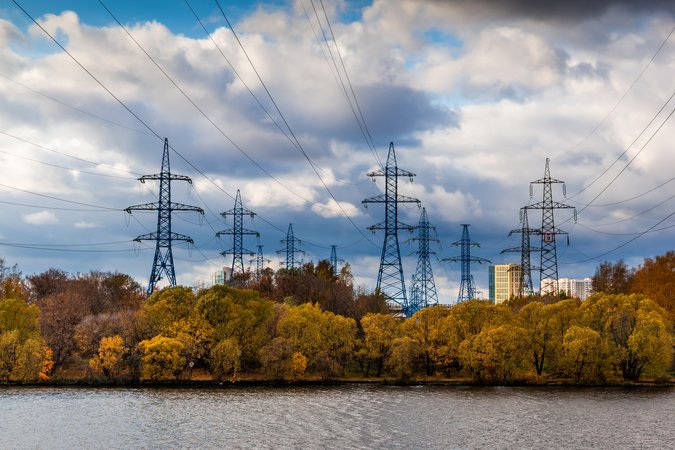An Experimental Study of Auctions versus Grandfathering to Assign Pollution Permits
DownloadWe experimentally study auctions versus grandfathering in the initial assignment of pollution permits that can be traded in a secondary spot market. Low and high emitters compete for permits in the auction, while permits are assigned for free under grandfathering. In theory, trading in the spot market should erase inefficiencies due to initial mis-allocations. In the experiment, high emitters exercise market power in the spot market and permit holdings under grandfathering remain skewed towards high emitters. Furthermore, the opportunity costs of “free” permits are fully “passed through.” In the auction, the majority of permits are won by low emitters, reducing the need for spot-market trading. Auctions generate higher consumer surplus and slightly lower product prices in the laboratory markets. Moreover, auctions eliminate the large “windfall profits” that are observed in the treatment with free, grandfathered permit allocations.
Authors

Jacob Goeree

Charles Holt






